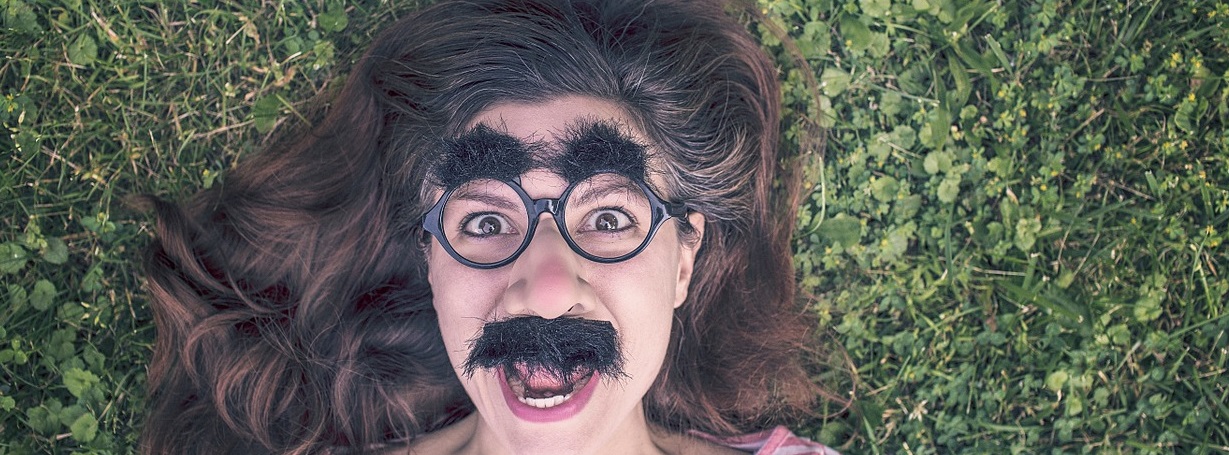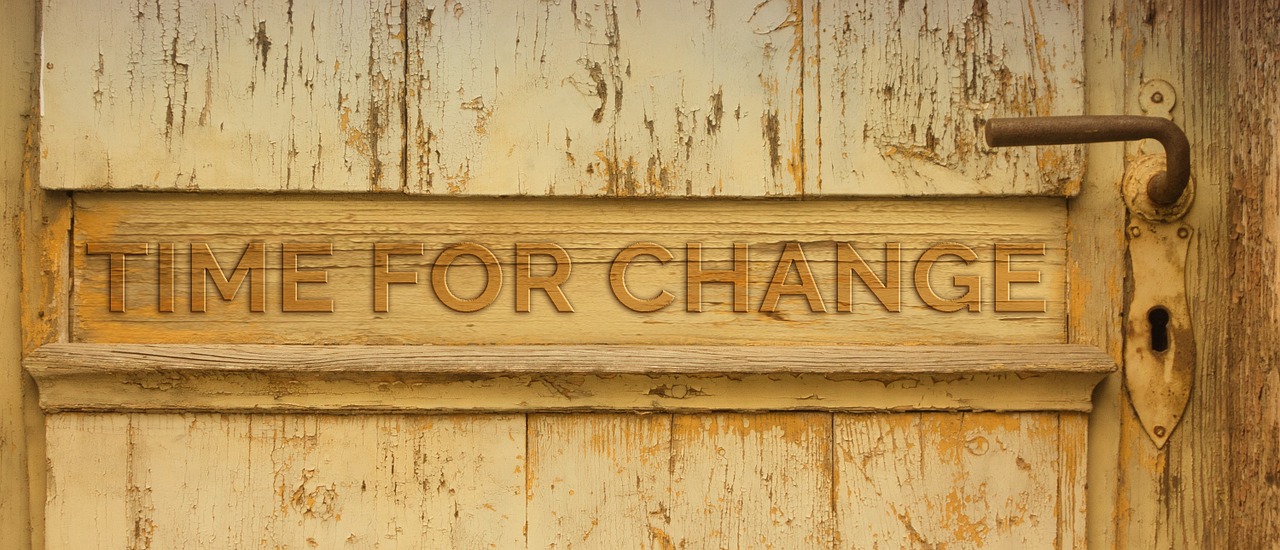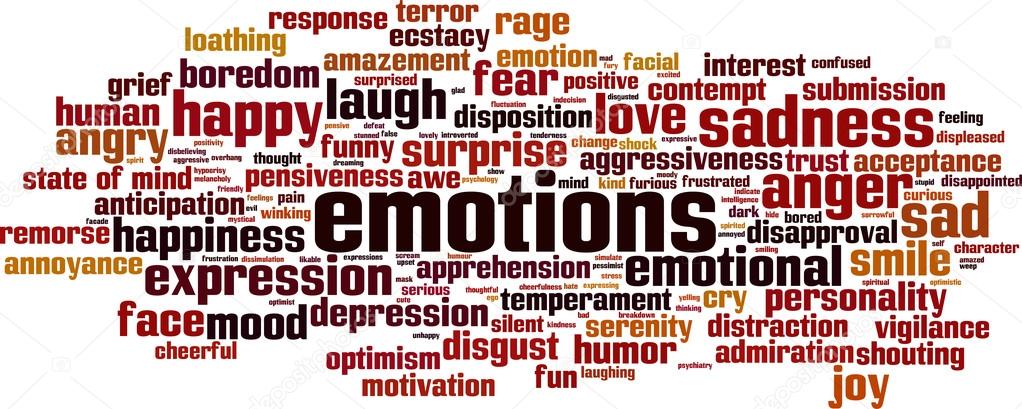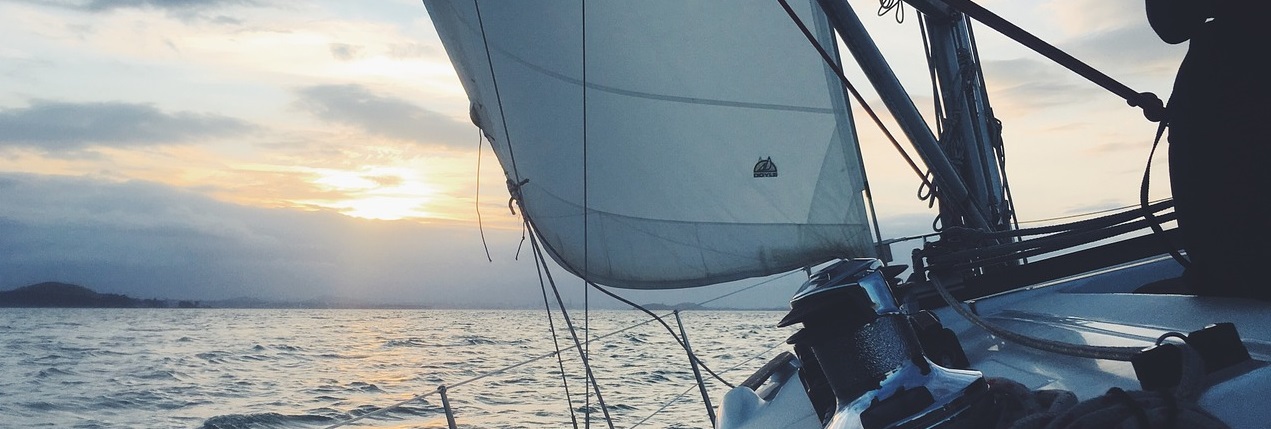What an incredible weekend!
Spending time with my sisters in Law at the Aust. Women Lawyers Conference reminds me of why I chose to be a lawyer. The stories these amazing women told also sadly reminds me of why I left the practice of law. Though I am never far… for I am inspired to create change. These familiar stories are not intended to reinforce “victimhood” rather to make our, and women’s stories in general, visible. They are told in the spirit of recognition, solidarity and support.
They and the many actions women lawyers have taken to stake their claim to their rightful inheritance in the law, and to better the lives of women add to my inspiration and motivation. There was much discussion, and provocative and innovative ideas.
Some key messages (taken from my Tweets as I live-tweeted the event):
Lawyers need to engage their curiosity, be adaptable to change, collaborate, be inclusive, develop business acumen, have great communication skills and to not lose sight of the humanity in law.
These are essential human skills, salvaged from the trench of the “soft skills” label.
I will not be defined by the many labels you may put on me. I am complex.
And knowing who we are and what we stand for, are precursors to being fulfilled in our personal and professional lives, to being successful.
Inclusion and diversity require – in the words of Aretha Franklin, RESPECT.
Respect is a conscious act. What does it look like in practice? How do we do it?
Investing in the future (as was the theme of the Conference) begins with investing in the now, in ourselves.
Do we value ourselves enough to proclaim through our words and actions, “I am worthy”, “I am enough” and thus, “I belong”, feeling comfortable in the space we inhabit.
Sounding much like the work I do in Transfigure to empower professionals. Perhaps this is the reason why I am now more energised than before, to create change by facilitating others
- to engage with their human skills,
- to own their true selves and stand tall,
- to practice compassion and kindness on themselves and others, and
- most importantly, to take time for themselves for personal and professional development.
Fuelled by the passion of these incredible women, and to quote the AGS AWL Award recipient, the estimable Fiona McLeod SC, I will “get to it”.
~ FlorenceT










